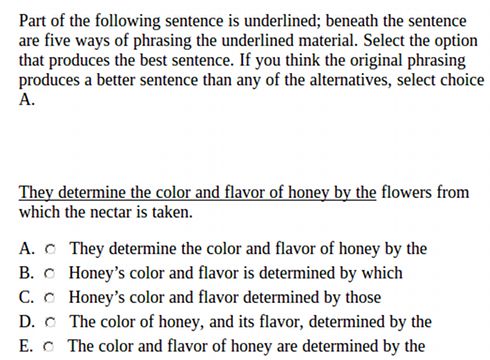Can you have a comma before because?
I got a message from a former teacher who said her friend had sent her my article about Strunk and White and it had stimulated her to ask me the following question:
For 31 years, this is the rule I taught to all of my elementary school students: do not put a comma before "because." Since I noticed that you did so at least twice in your article, I am wondering if I taught the students incorrectly (I hope not) or rather if Scots follow another rule (I hope so). I'd really like to know.
Oh, dear. The problem was not how to answer the question; the problem was how to do so kindly and gently. I did not do well enough
Read the rest of this entry »
Permalink Comments off
